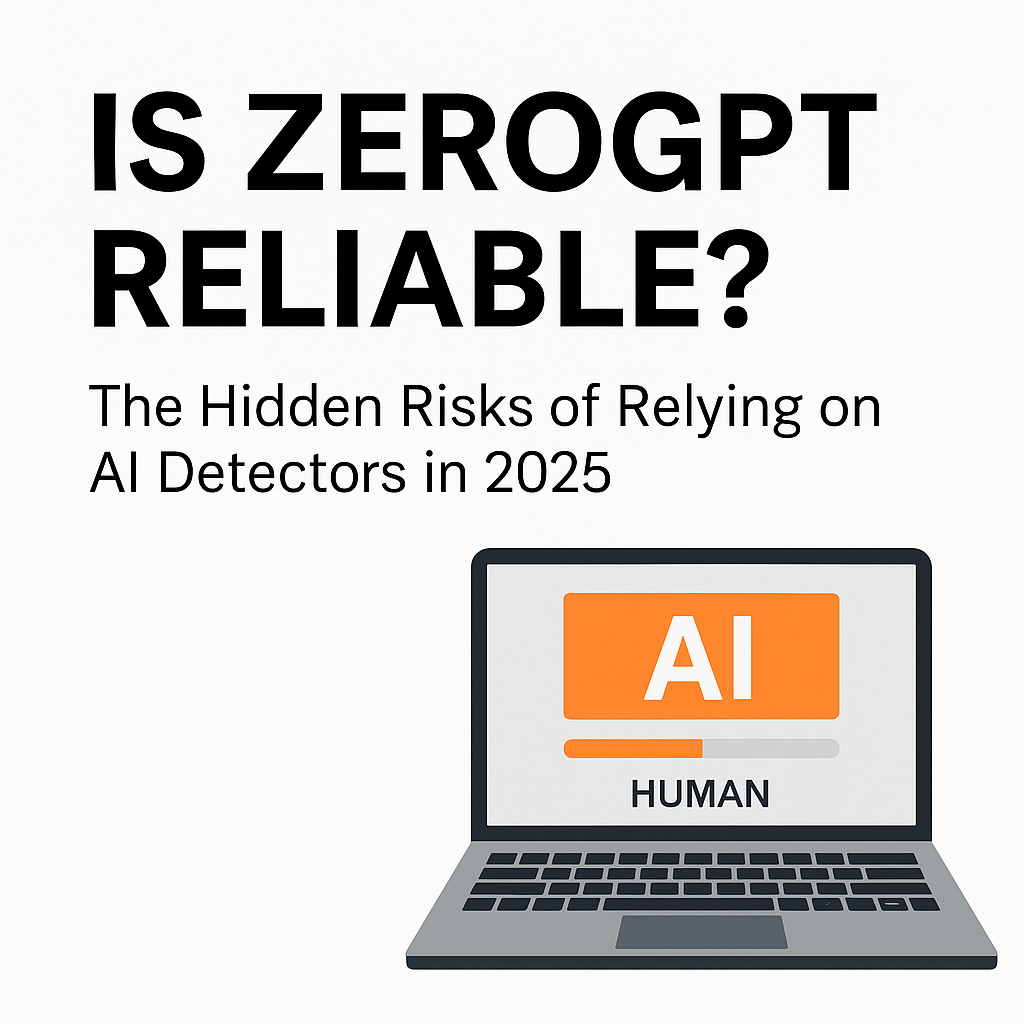Why do some SEOs always seem a step ahead—reacting faster to algorithm updates, adjusting strategies on the fly, and staying ahead of competitors without breaking the bank?
It’s not about who’s louder—it’s about who’s tracking smarter.
Choosing between Semrush and Keyword.com, and deciding how often to track your rankings, are two of the most strategic decisions in your SEO toolkit. And in 2025, the smart money is on daily data and fit-for-purpose tools that align with how your business actually operates.
Let’s break it all down.
What’s the Better Platform: Semrush or Keyword.com?
Do you need an all-in-one suite or just razor-sharp rank tracking?
Your choice of platform isn’t just about features—it’s a reflection of your operating model.
Semrush is like a Swiss army knife. It bundles everything—SEO, PPC, content, social, PR tracking—into a massive, multi-functional tool. If you’re an agency or enterprise juggling multiple digital channels, this kind of ecosystem brings obvious value.
In contrast, Keyword.com is the SEO scalpel. It’s built just for keyword tracking—accurately, affordably, and with tools like AI visibility tracking and 3rd-party rank verification that Semrush doesn’t match at the same precision.
Real difference? It’s in philosophy and pricing:
| Feature | Semrush | Keyword.com |
|---|---|---|
| Starting Price | $117.33/month | $3/month |
| Local Tracking | Yes | Yes, down to suburb/postcode |
| AI Visibility | Included in AI Toolkit | Dedicated module for ChatGPT, Gemini, Claude, etc. |
| API Access | Business plan only | All plans |
| White-label Reporting | Yes | Yes, all tiers |
| Accuracy | High, but generalised | Claimed 96.8% with independent verification |
🔍 Check this head-to-head breakdown for more.
The strategic takeaway?
If you’re running multi-channel campaigns and want one login to rule them all—Semrush justifies its cost.
But if keyword rankings are your bread-and-butter—and you’re watching budgets—Keyword.com hits the mark with flexibility and laser focus.
How Often Should You Track Keywords—Daily or Weekly?
TL;DR: If you’re serious about SEO, daily tracking isn’t optional anymore.
Weekly tracking might look tidy, but it hides volatility. You’ll miss the moment a Google update tanks your traffic—or when a competitor leapfrogs you. By the time you see it, the damage is done.
Daily tracking, on the other hand:
- Flags sudden ranking drops or surges as they happen
- Helps verify the impact of your content or technical updates the next day
- Keeps client reporting aligned with what they see in live search results
- Gives early warning signs during algorithm rollouts or SERP shifts
🧠 Think of it like checking your blood pressure daily vs weekly when you’re at risk: would you wait seven days to find out something’s gone wrong?
According to SEOClarity, daily keyword tracking dramatically improves “time to insight”—and that speed can translate directly to retained traffic and revenue.
What Kind of SEO You Are Determines What You Should Choose
For Solo SEOs or Freelancers:
Go with Keyword.com.
Its pay-as-you-go model starts at $3/month, gives you full control, and delivers all the AI/local tracking you’ll likely need. Perfect for freelancers, consultants, or small shops working on a tight margin.
For Agencies:
If you manage client dashboards and care about verifiable reporting, Keyword.com gives you:
- White-labelled reporting
- Looker Studio integration
- Flexible keyword pricing
- Third-party verification of rank accuracy
But if you also handle PPC, content and social—Semrush might save you time through its cross-platform convenience (at a much higher price).
For Enterprises and In-House Teams:
Choose Semrush.
Its vast historical data, scalable API, and integration across digital functions make it ideal for complex reporting and large-scale SEO ops. You’ll pay for it—but the strategic visibility is hard to beat.
Either way, daily tracking should be non-negotiable. It’s how you future-proof your strategy.
📚 According to IP Location, daily tracking is a “critical business asset” that ensures your rankings don’t slip through unnoticed.
What’s New in 2025 That Makes This Even More Important?
- AI Overviews in Google are pulling answers straight into the search results—cutting off organic CTR. You need to know immediately if you’re still ranking.
- SERP volatility is at an all-time high due to continuous algorithm tweaks, especially in local search.
- Clients are smarter, and expect real-time dashboards—not laggy weekly reports that don’t match what they see.
- Tools like ChatGPT and Gemini are changing how people “search.” Knowing where you appear in those tools is a whole new competitive layer—and Keyword.com’s AI visibility tracker is one of the few solutions built for this.
So, Which Should You Choose?
There’s no single best platform—but there is a best-fit approach:
- Want precise, cost-efficient tracking with AI and local focus?
→ Go with Keyword.com and daily data. - Need a unified, integrated platform for broad campaigns?
→ Pay for Semrush, but don’t skimp on daily updates.
But no matter which platform you land on, don’t wait a week to know what’s happening. That’s how rankings slip.
Final Word
Your keyword tracking tool isn’t just a line item in your tech stack—it’s a reflection of how you compete.
Pick the one that fits how you really work, not the one that looks best on a comparison chart.
And don’t track weekly just because “that’s how it’s always been.” Your competitors aren’t waiting that long to react. Neither should you.
FAQ
Is Keyword.com accurate enough for enterprise SEO?
Yes. It claims 96.8% rank accuracy and backs it with 3rd-party verification, which is rare in this space.
Can Semrush track rankings inside ChatGPT or Gemini?
Not directly. Semrush tracks how you appear in AI-overviews in the SERPs, but not inside generative AI platforms. Keyword.com does.
Do daily rank updates cost significantly more?
Not always. Keyword.com lets you toggle daily vs weekly per keyword—so you can control cost while keeping key terms fresh.
